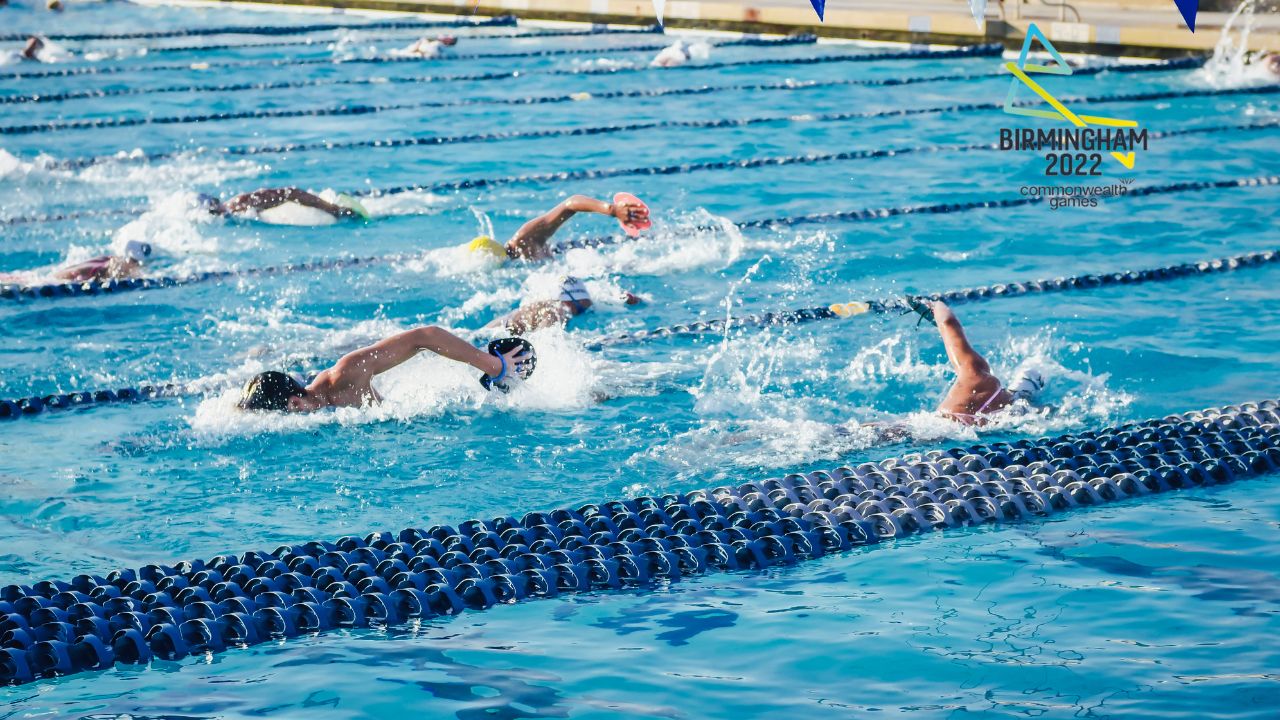Sports for children are the key to proper development, strong immunity, and healthy communication
However, this is correct only if the sport you choose suits your child. So, how to make the right choice?
Typically, sports sections accept children from 4-5-6 years of age. First, discuss this topic with your child – which sports attract him/her and which ones repel him/her. Of course, during a family council, you can present your options with arguments. It would be a great solution to attend a trial training session, but the choice should still remain with the future athlete!
Is it Important for a Child to Practice his/her Favorite Sport?
When choosing a sport for a child, almost all parents make the same mistake. They prefer sections recommended by friends or grandparents, or simply at their own discretion. However, it is not taken into account whether this section is suitable for the baby himself. This is akin to sports betting. On their blog, Gamblorium experts discuss this and other important industry topics. Nodar Giorgadze, the top site’s author, is sure that no matter how many privileges the bookmaker offers – the best events, $5 deposit option, good odds – if you don’t understand and enjoy the sport, it’s unlikely that you will succeed.
Many parents even practice the opposite, for example, sending their calm son/daughter to active sports and fidgety son/daughter to chess. As a result, the child refuses to continue, because he/she is not interested and is not comfortable. In fact, determining a child’s predisposition to a sport is very important. It’s good if a child simply refuses to engage in the sport chosen by his parents! However, this may also entail health risks, both mental and physical.
How to Determine Which Sport Suits Your Child?
If a child has an explosive character and high mobility, then swimming and various types of wrestling are more suitable for him. This way, he/she can use his/her energy. If the baby, on the contrary, is calm and has a fine mental organization, then choose creative non-team sports – dancing and figure skating. For a child with a perky and cheerful character and a love of communication, offer active team activities – hockey, football, and pair dancing. For a calm and moderately confident person, choose something that requires patience – skis, chess.
You can also take into account the child’s medical characteristics (but after consulting a doctor). For example, if he/she has problems with posture, dancing and figure skating may be suitable. Meanwhile, if the child has problems with coordination of movements, martial arts may be the best choice. In the selected section, meet the coach and take a closer look at his methods of working with children. Besides, talk with the child after the first training sessions. Also, remember that additional physical activity requires a well-thought-out diet, which a trainer can advise you on.
Assess the Child’s Physical Abilities
It is important to determine how physically fit the child is. To do this, there are a huge number of exercises for endurance, flexibility, agility, speed, and strength. There are also special tables with indicators that are considered the norm for each age. Take a test with your child to assess physical qualities and (based on the results obtained) identify his/her strengths and weaknesses. For example, good coordination, endurance, and flexibility are ideal for figure skating. Tennis will help improve the child’s endurance.
Any sport involves a certain physical activity. That is why, before choosing a sport, take your child to a professional examination and find out what kind of load his/her body can withstand. If your child has a medical condition, be sure to consult a doctor. He will tell you which sports to avoid and indicate what you should pay special attention to. For example, children who have problems with the spine are often prescribed recreational swimming, but gymnastics, on the contrary, is recommended to be avoided.
Pay Attention to the Child’s Interests
Parents often forget that any activity should have a positive effect not only on the child’s health and physical skills but also on the emotional state. Therefore, an important step when choosing a sports section will be a conversation with your child. Find out what he/she likes and what sports he/she is interested in.
If a child gets lost and says he/she doesn’t know, take him/her to open classes in different sections. There is no need to force him/her to train – it is enough to watch how other children practice. Perhaps it is at this moment that the child will develop an interest in a particular sport. Remember that training should be fun, not hard labor.
Match Your Child’s Study & Sports Schedule
The frequency of training required to achieve results is different for each sport. If you plan to combine sports with other clubs, pay attention to sections that do not require frequent attendance. For example, swimming and tennis can be practiced 1-2 times a week, but hockey and football require much more time.
Also, compare the school schedule with the sports one. Evaluate whether the child will be able to go to training without harming the educational process. Doing homework late at night after sports sessions will not appeal to either you or the young athlete. We hope that you will be able to make the right choice! However, remember, there is nothing wrong with changing sports over time. The main thing is that it is beneficial and that every training session is a joy for the child.



